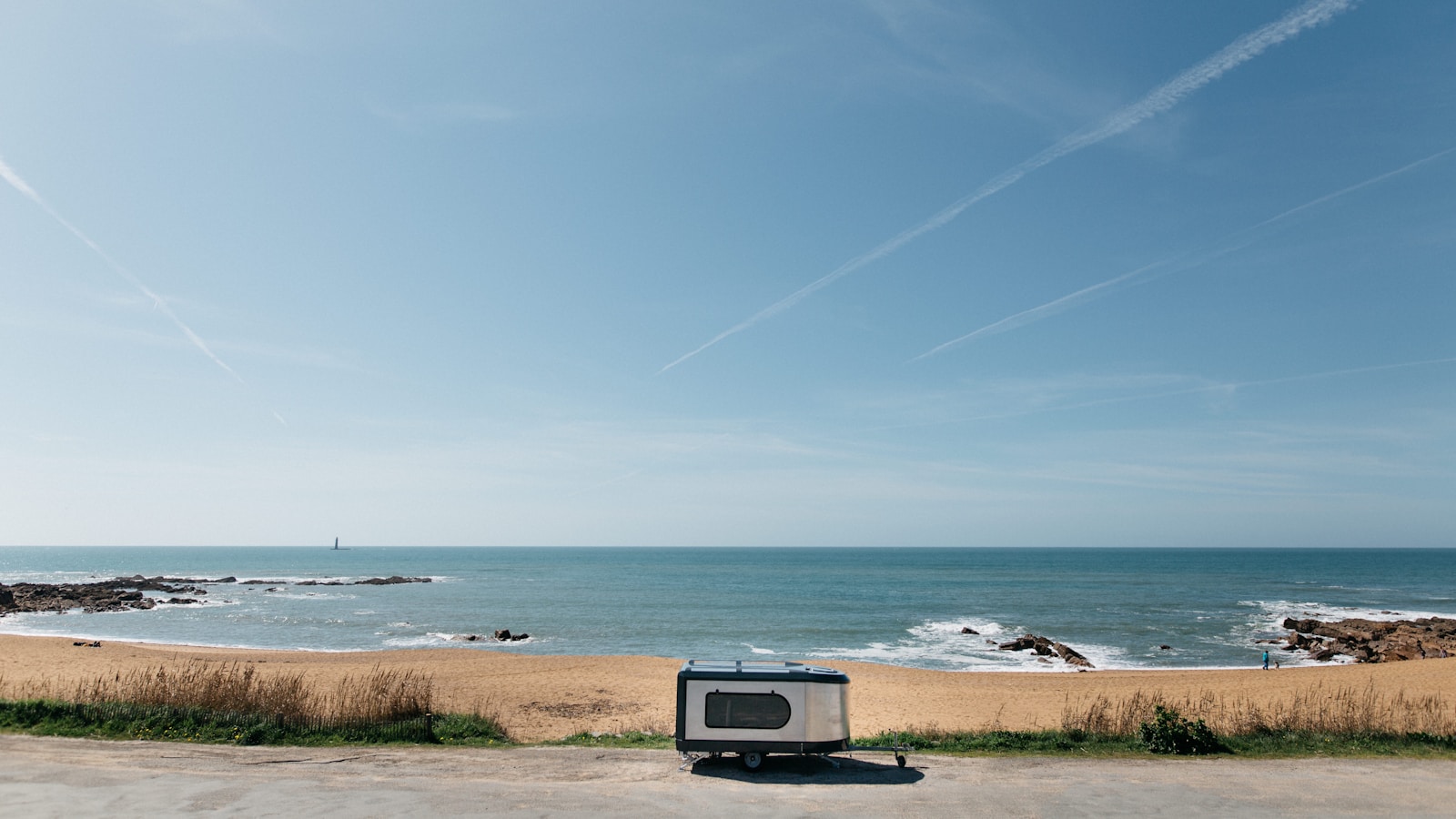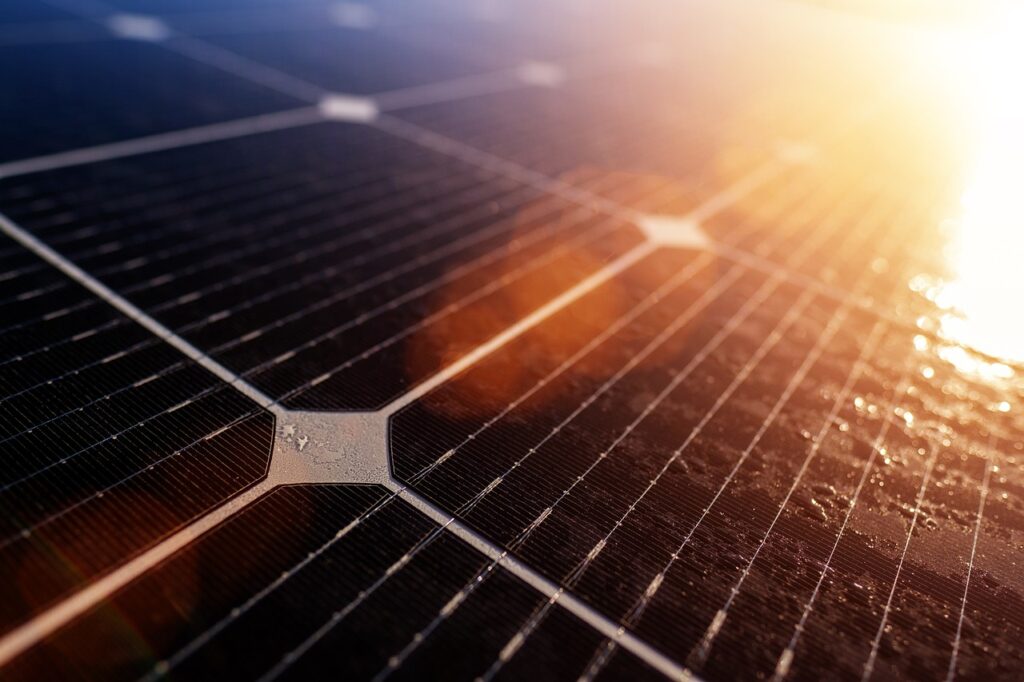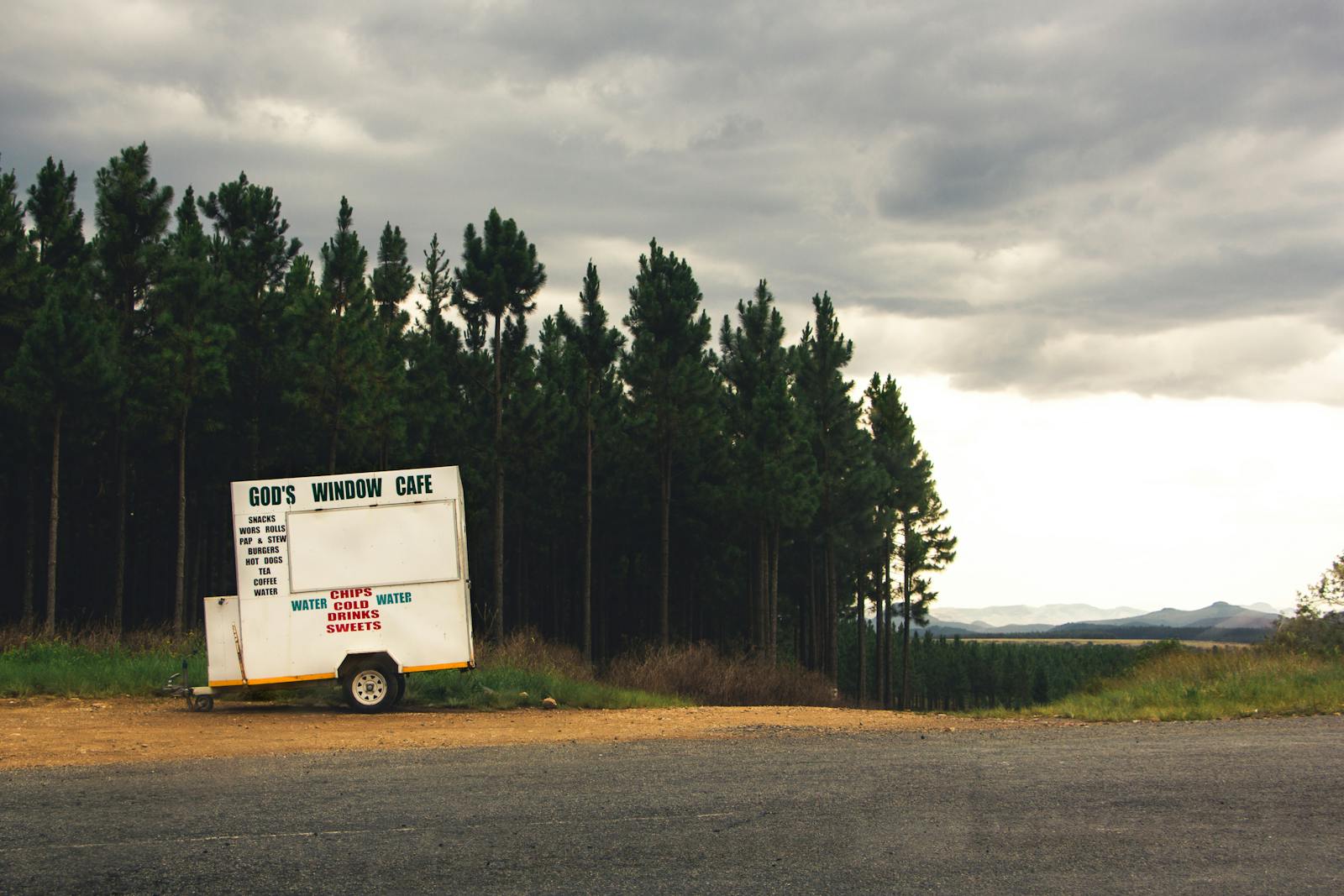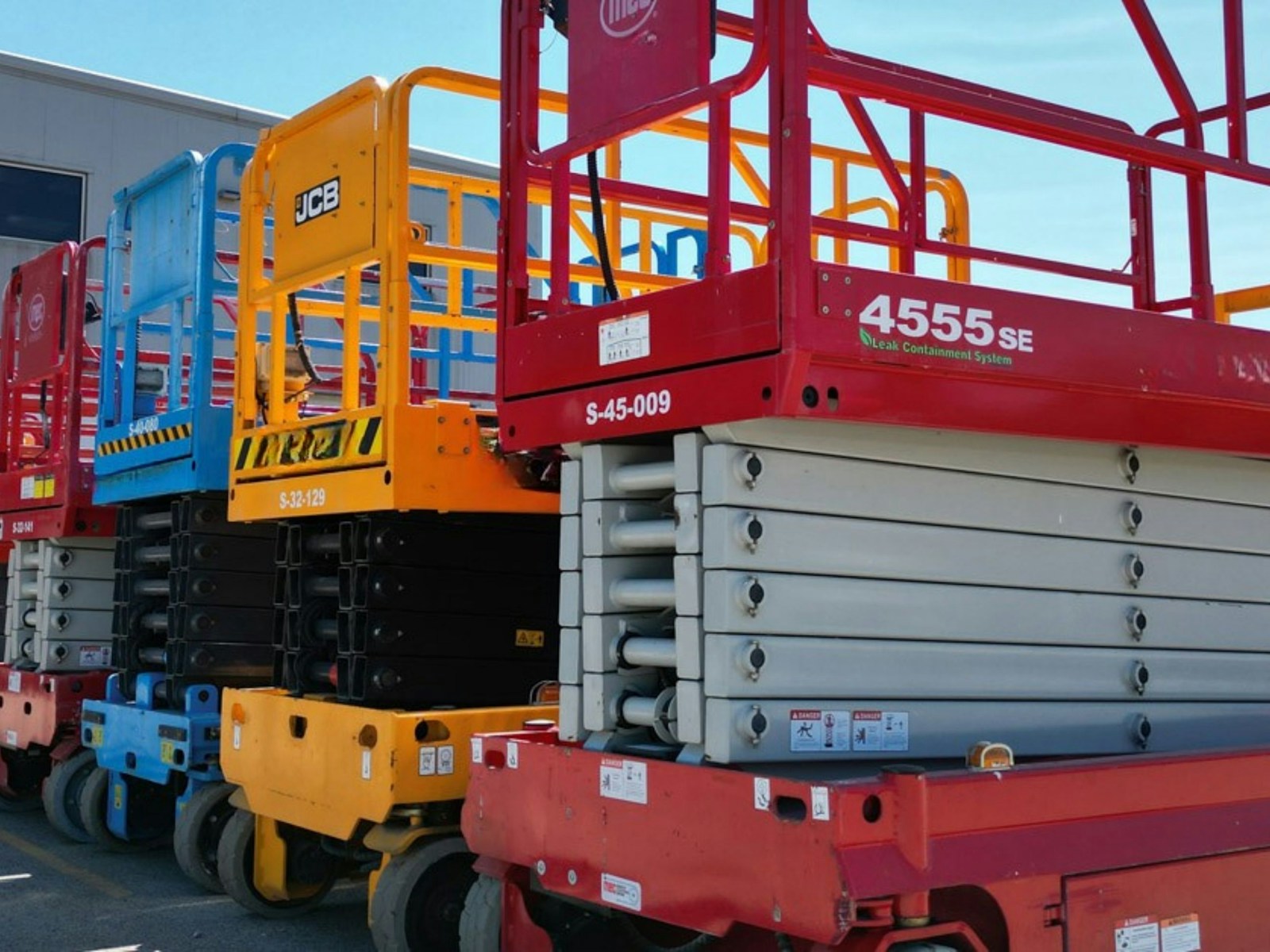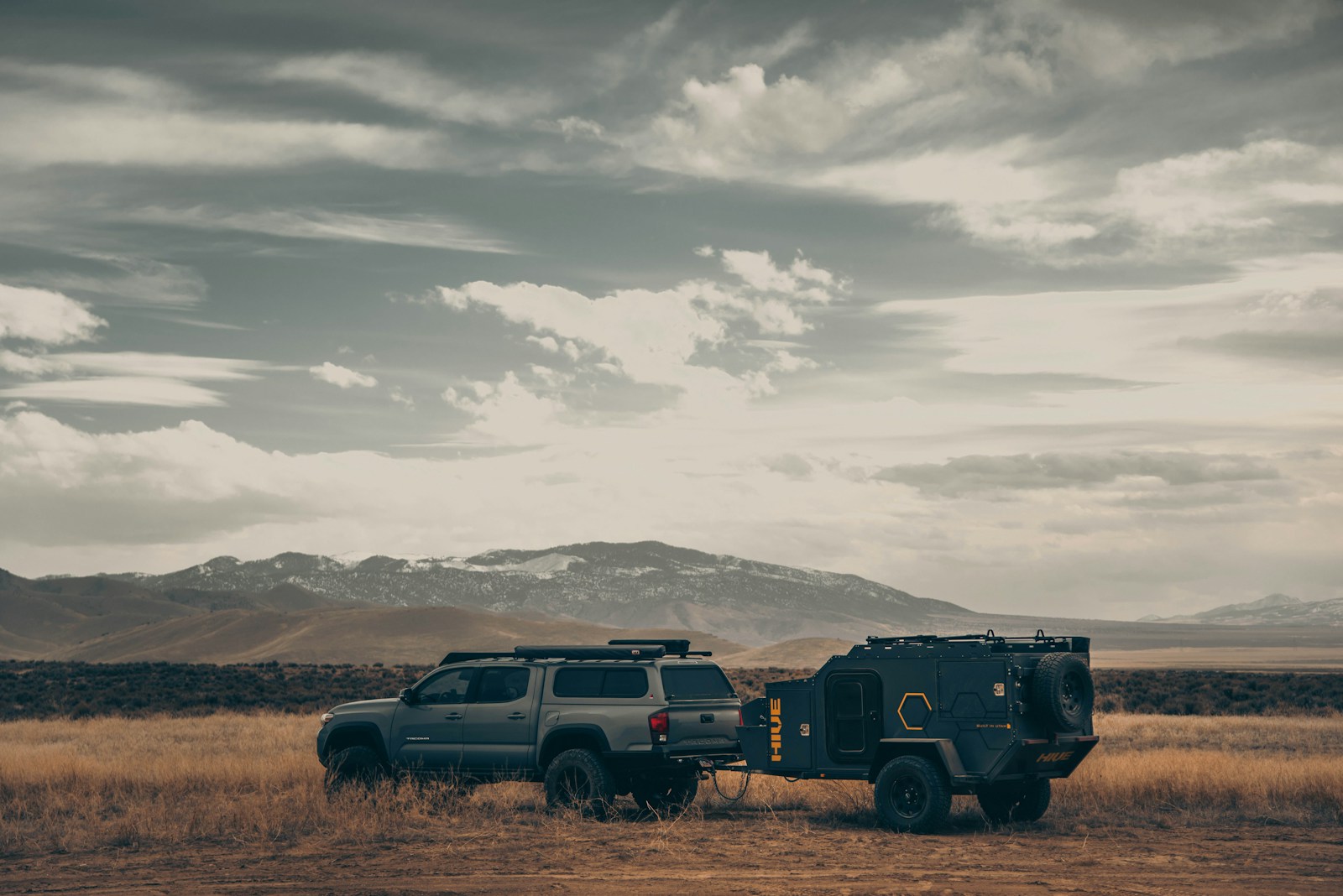Camping provides freedom, adventure, and the joy of exploring the great outdoors. But what if your camper could provide another kind of freedom—the freedom from worrying about draining batteries or running out of power off-grid? Solar panels for campers are revolutionizing the way we travel and experience nature.
One of the key benefits of using solar panels for campers is their ability to keep your battery charged, ensuring you have a reliable power source throughout your trip.
This blog explores why solar panels are a game-changer for campers. From understanding how they work to tips on optimizing their performance, you’ll learn how to power your camper efficiently while reducing costs and your environmental footprint.
And if you’re wondering, “Can solar power keep my RV air conditioner running?” or “Will a 200W solar panel handle a 12V fridge?” we’ve got you covered.
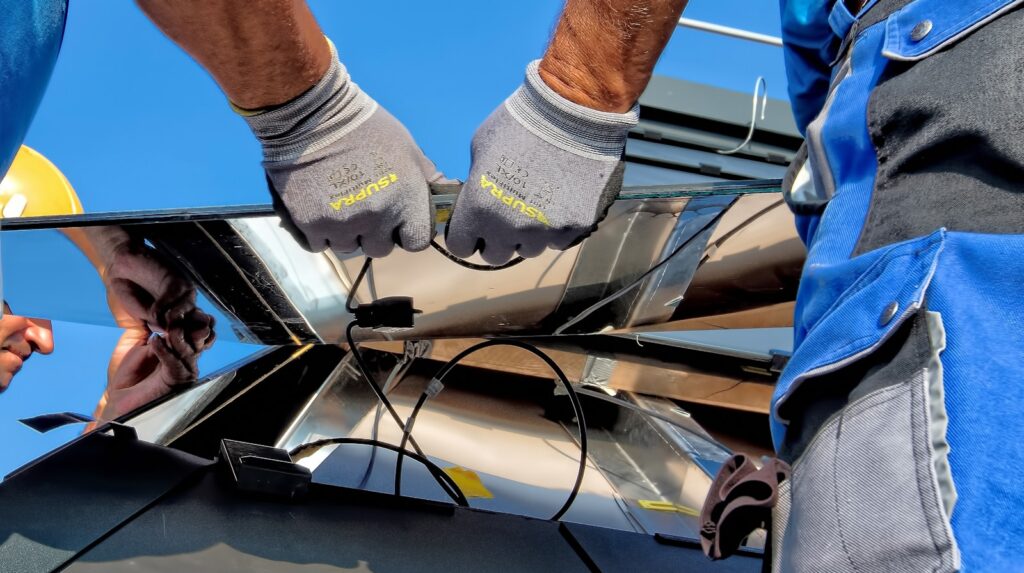
Photo by Ricardo Gomez Angel on Unsplash
Introduction to Renewable Energy
Renewable energy is transforming the way we power our lives, offering sustainable alternatives to traditional fossil fuels.
As concerns about climate change and environmental degradation grow, more people are turning to renewable sources like wind, hydro, and solar power. Among these, solar power stands out for its accessibility and efficiency, making it a popular choice for both residential and mobile applications.
For campers and RV enthusiasts, the shift to renewable energy is not just about reducing their carbon footprint; it’s about embracing a lifestyle of independence and sustainability. Solar panels, including portable solar panels and RV solar panels, harness the sun’s energy to generate electricity, providing a clean and reliable power source wherever your adventures take you.
This means you can enjoy the great outdoors without worrying about running out of power or relying on noisy, polluting generators.
Understanding the Shift to Solar Power
The world is shifting towards renewable energy sources, and solar power is at the forefront of this movement. With the increasing awareness of climate change and the need to reduce our carbon footprint, solar power has become a popular choice for individuals and businesses alike.
One of the most significant advantages of solar power is its ability to generate energy without harming the environment. Solar panels, including portable solar panels and RV solar panels, convert sunlight into electricity, providing a clean and sustainable source of energy.
In the context of RVs and camping, solar power has become an essential component of many outdoor enthusiasts’ setups. Portable solar panels and RV solar systems allow campers to generate electricity on the go, powering devices such as lights, laptops, and refrigerators.
This not only provides a convenient source of energy but also reduces reliance on traditional power sources, such as generators, which can be noisy and polluting.
When it comes to choosing the right solar panel for your RV or camping setup, there are several factors to consider. The size and watt output of the panel are crucial, as they determine the amount of energy generated. Higher watt output panels are generally more efficient, but they can also be more expensive. Additionally, the type of solar controller and battery bank used can significantly impact the overall performance of the system.
For those new to solar power, understanding the basics of how it works is essential. Solar panels convert sunlight into DC power, which is then stored in a battery bank. An inverter is used to convert the DC power into AC power, which can be used to power devices.
The cost of solar panels and RV solar systems can vary widely, depending on the size and complexity of the setup. However, with the rising demand for renewable energy, the cost of solar panels has decreased significantly, making them a more affordable option for many people.
In terms of maintenance, solar panels are relatively low-maintenance, requiring only occasional cleaning to ensure optimal performance. However, the battery bank and other components of the system may require more frequent maintenance to ensure they continue to function properly.
Overall, solar power is a reliable and sustainable source of energy that can provide significant benefits for RV owners and outdoor enthusiasts. With the right setup and maintenance, solar power can provide a convenient and environmentally friendly source of energy for years to come.
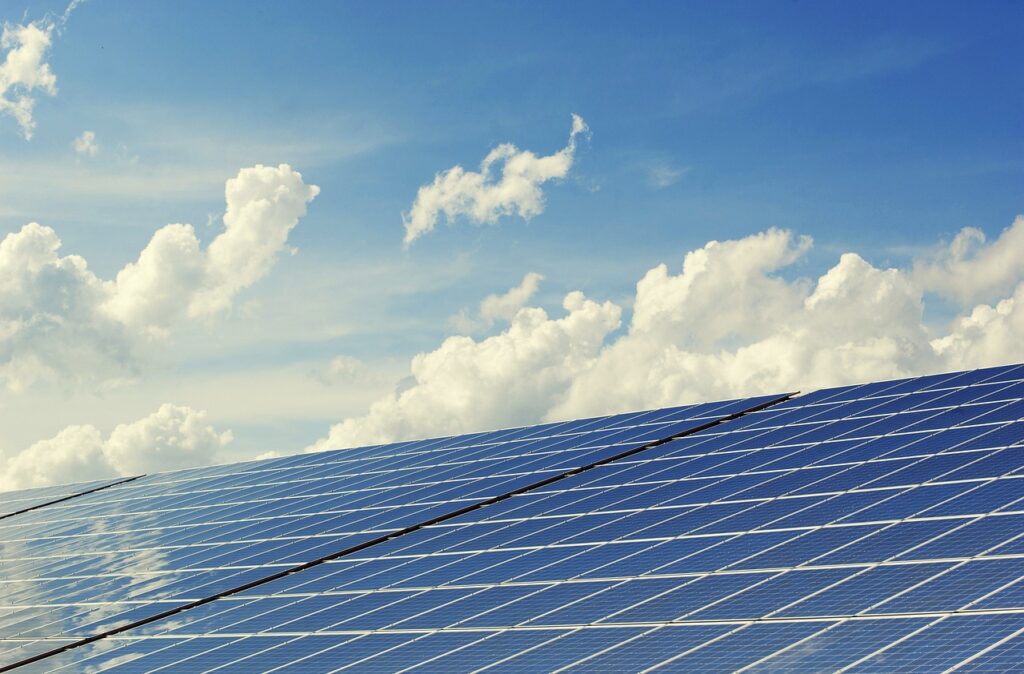
Photo by andreas160578 on Pixabay
Understanding Solar Panel Basics
Before investing in solar panels, here’s a quick rundown of what they are and how they work:
Understanding how amps relate to watts and volts is crucial for determining the power needs of your devices and optimizing battery usage in your solar-powered system.
How Solar Panels Work
Solar panels capture sunlight through photovoltaic cells, converting solar energy into electricity. In addition to solar panels, an alternator can also play a crucial role in charging your batteries, especially when combined with a DC-DC charger to ensure proper voltage for different battery types.
This electricity powers your devices and appliances or is stored in batteries for later use.
Key Components of a Camper Solar System
- Solar Panels: Collect sunlight and generate electricity.
- Solar Charge Controller: Regulates the power going into your batteries to prevent overcharging.
- Batteries: Store the energy for use when the sun isn’t shining.
- Inverter: Converts the stored DC (direct current) electricity into AC (alternating current) to power standard appliances.
Key Concepts to Know
- Watt (W): A unit of power.
- Voltage (V): Electrical pressure pushing the flow of energy.
- Amperes (A): The flow rate of electric current.
- Wattage Needs: The total energy consumed by your appliances.
Whether you’re a beginner or seasoned camper, understanding these basics ensures you select the right solar panels for your needs.
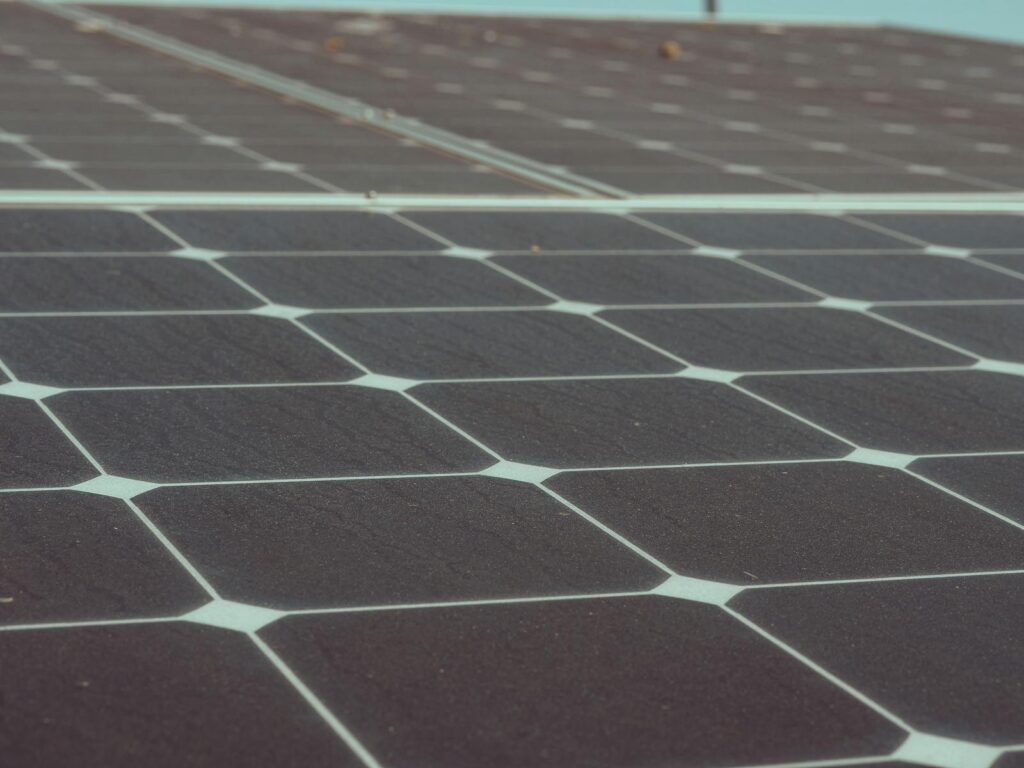
Photo by Kindel Media on Pexels
How Many Solar Panels Do You Need to Run a Camper?
This question depends on your energy consumption and the appliances you want to power. Here’s how to figure it out:
Solar panels can efficiently recharge your batteries, ensuring you have a reliable power source even during extended trips in remote areas.
Calculate Your Energy Needs
List all the devices you plan to use (e.g., lights, fridge, laptop) and their wattage. Multiply their power consumption by the number of hours you’ll use them in a day to calculate total energy needs.
For example, a microwave typically consumes a significant amount of power, so it’s important to factor in its wattage when calculating your total energy needs.
Example:
- Fridge (50W) running for 6 hours = 300 Wh/day
- Laptop (60W) running for 3 hours = 180 Wh/day
- Lights (10W) running for 5 hours = 50 Wh/day
Total daily energy consumption = 530 Wh/day
Choosing the Right Solar Setup
- Basic Setup: 100W portable solar panels with a 50Ah battery are ideal for weekend camping trips. For a more permanent solution, consider having your solar panels professionally installed on your camper roof.
- Advanced Setup: Full-time RVers may require multiple 200W panels, a 200Ah battery bank, and a robust inverter system.
- Off-Grid Setup: Combine flexible roof-mounted panels with portable solar generators to maximize energy storage and output.
Examples of Solar Setups for Campers
- Weekend campers may opt for smaller panels with 100W of capacity.
- Full-time RVers often choose larger systems with 600-800W, ensuring they can power everything from lights to microwaves. This setup can also support additional devices like a TV, ensuring you have all the comforts of home while on the road.
- Off-grid enthusiasts can use adjustable portable models to capture sunlight even in shaded or cloudy conditions.
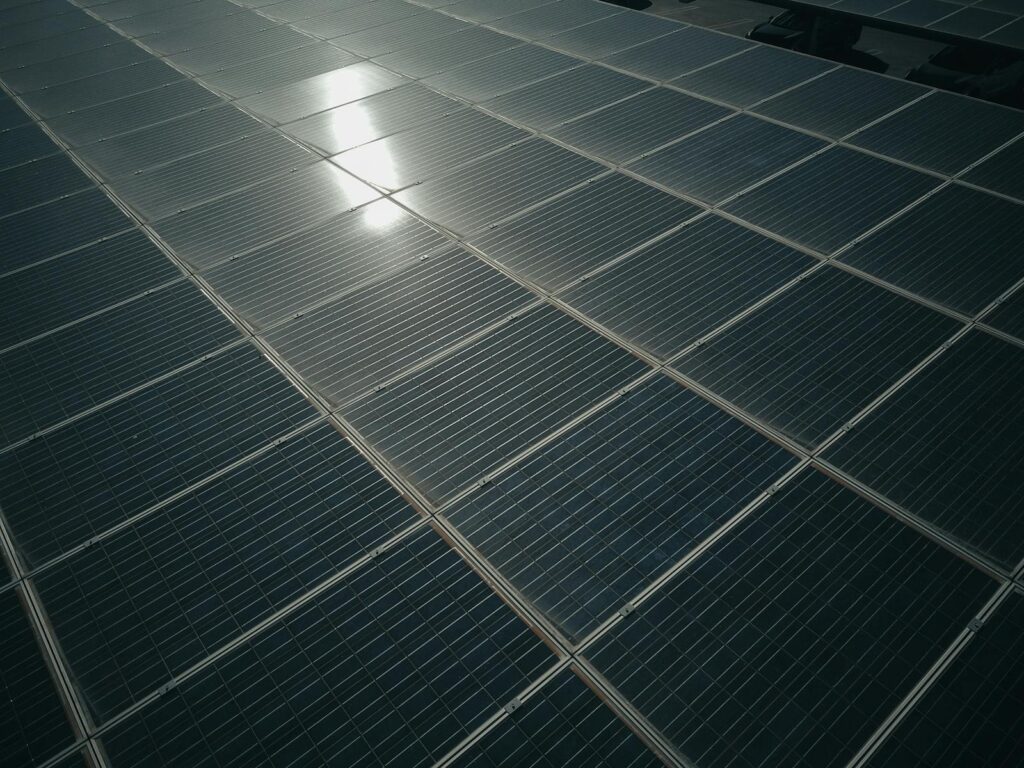
Photo by Kindel Media on Pexels
Will a 200W Solar Panel Run a 12V Fridge?
Short answer? Yes, but there are factors you need to consider:
A 12V refrigerator is one of the essential appliances that can be efficiently powered by a 200W solar panel, especially during sunny days.
Power Consumption of a 12V Fridge
A typical 12V fridge consumes about 40-60 watts per hour. With a 200W solar panel, you could easily generate enough power to run the fridge during sunny days and store excess energy in your battery for night use.
It’s also important to monitor the battery to prevent overcharging or discharge, which could harm the battery’s lifespan.
Factors That Affect Solar Output
- Weather: Cloudy days reduce output, so a backup battery is essential.
- Sun Exposure: The more direct sunlight your panels receive, the higher the watt output.
- Panel Efficiency: Some solar panels are more efficient in capturing and converting sunlight. Keeping your solar panels cooler by ensuring proper airflow can also enhance their efficiency and overall performance.
Real-Life Example:
A camper using a 200W portable model noted it could power their 12V fridge continuously when paired with a 100Ah battery.
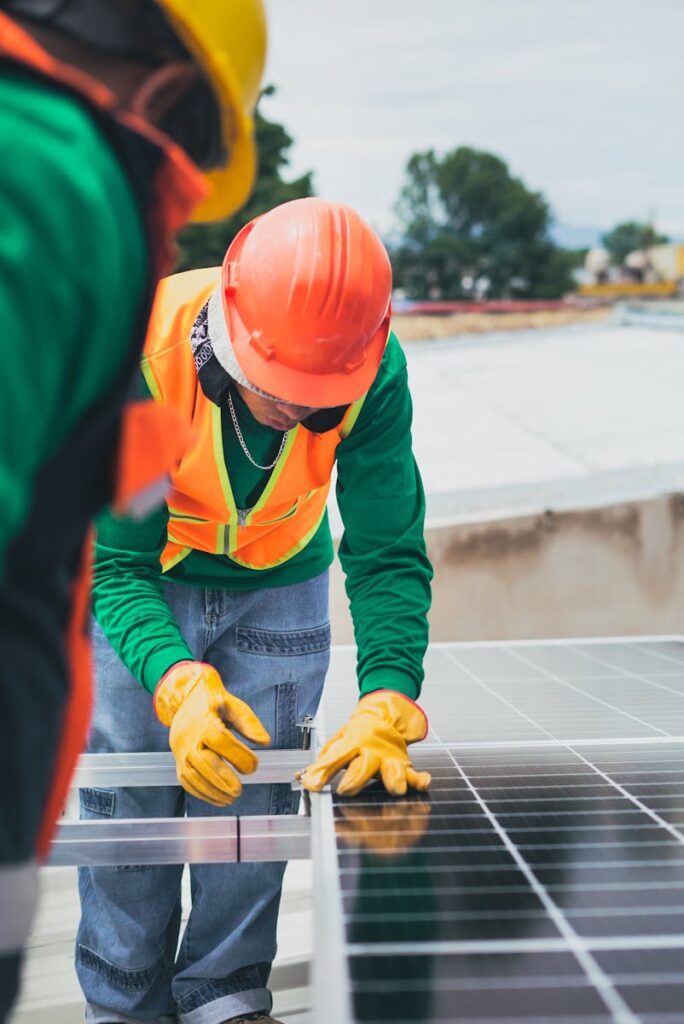
Photo by Los Muertos Crew on Pexels
Can You Run an RV Air Conditioner on Solar Power?
Running an air conditioner is one of the biggest challenges for solar-powered campers, as AC units are energy-intensive.
Inverters are crucial for converting the DC power from your solar panels into AC power needed to run high-wattage appliances like air conditioners.
Power Requirements for an RV Air Conditioner
A typical RV air conditioner consumes around 1,500–2,000 watts. To run it continuously, you’ll need:
- At least 1,500W of solar panels
- A large capacity battery bank (e.g., 800Ah or greater)
- A heavy-duty inverter capable of handling the load
Ensuring your solar setup is properly installed and maintained can provide peace of mind and reduce the risk of fire or other complications.
Alternative Solutions
- Use a hybrid setup combining solar with a generator for high-wattage appliances. Many campers rely on a hybrid setup to ensure they have a consistent and reliable power source for their cooling needs.
- Opt for energy-efficient cooling options like portable evaporative coolers.
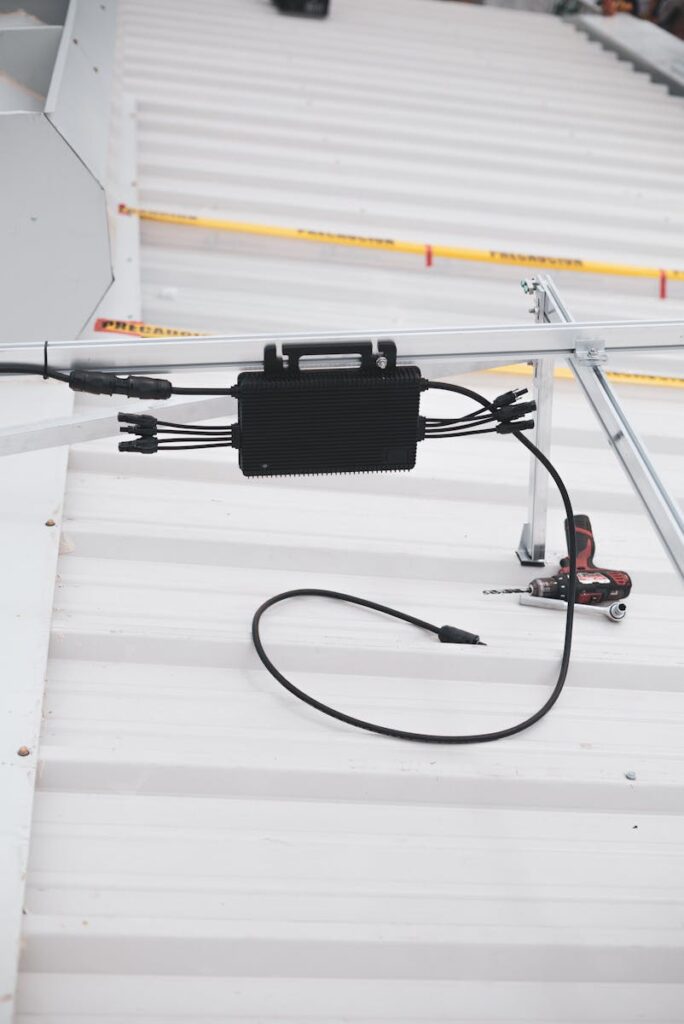
Photo by Los Muertos Crew on Pexels
9 Best Solar Panels for Campers
When choosing a solar panel for your camper, it’s important to consider efficiency, portability, durability, and compatibility with your existing system.
Here is a list of nine of the best solar panels for campers, along with reliable sources to help inform your decision:
- Renogy 100W 12V Monocrystalline Solar Panel: Renowned for its high conversion efficiency and durability, this panel is great for off-grid campers. Learn more at Renogy.
- Jackery SolarSaga 100W Portable Solar Panel: Lightweight and foldable, this panel is ideal for travelers on the go. See details at Jackery.
- Goal Zero Boulder 100 Briefcase: Rugged and portable, this solar panel is designed to withstand rough outdoor use. Check it out at Goal Zero.
- ECO-WORTHY 120W Foldable Solar Panel: A budget-friendly and versatile option for campers looking to power small appliances. More details at Eco-Worthy.
- Zamp Solar 140-Watt Portable Solar Kit: Featuring weather-resistant material and simple setup, it excels in portability and performance. Explore Zamp Solar.
- BougeRV 170W Mono Solar Panel: Perfect for rooftop installations, this panel offers high efficiency and durable construction. Visit BougeRV.
- SunPower 110W Flexible Solar Panel: Known for its flexibility, this lightweight panel is easy to install on curved camper roofs. Find more info at SunPower.
- Rich Solar 200W Monocrystalline Solar Panel: A powerful option for larger energy needs, offering reliability and affordability. Check out Rich Solar.
- WindyNation 100W Polycrystalline Solar Panel: Ideal for those starting with solar power, this panel is affordable and user-friendly. Discover WindyNation.
When evaluating the market, consider factors such as efficiency, portability, and durability to find the best solar panel for your needs.
Each of these solar panels brings unique features and benefits to the table, catering to a wide range of camping needs. Be sure to evaluate your power needs and camper setup to choose the best option for your adventures!
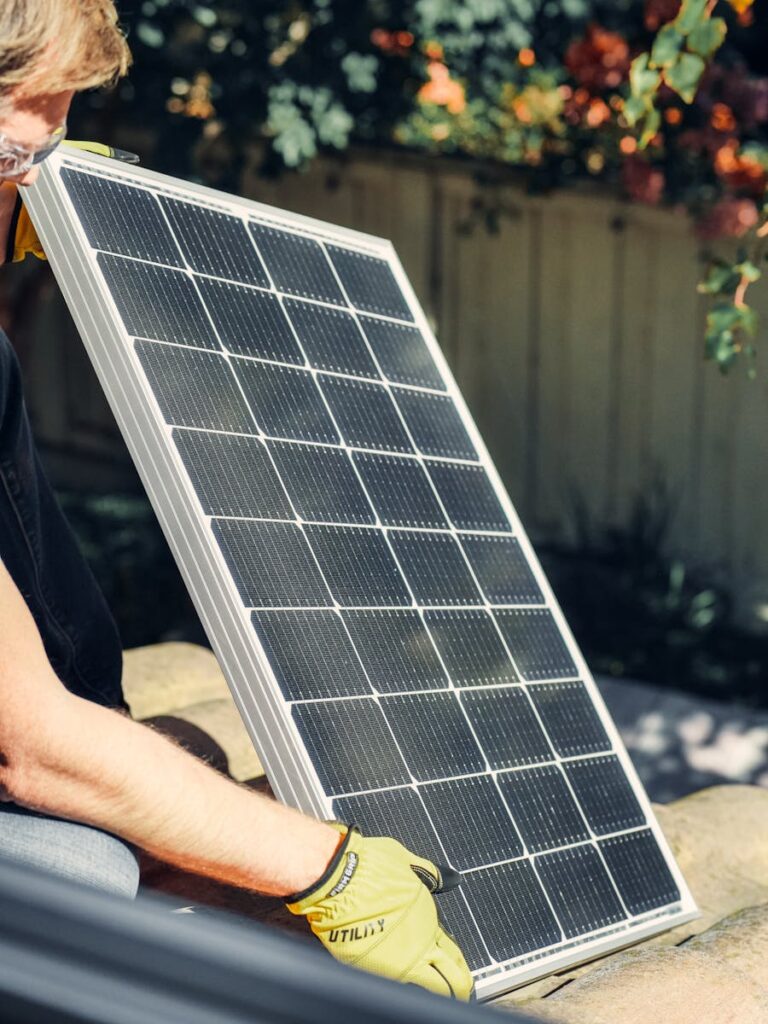
Photo by Kindel Media on Pexels
Is Solar Worth It on a Camper?
Solar energy has clear advantages, but is it right for your needs? Consider these points:
While the initial investment may seem high, the long-term savings on fuel and generator costs can make solar panels a wise investment, ultimately saving you money.
Advantages of Solar Panels for Campers
- Cost Savings: While there’s an upfront investment, solar panels eliminate the need for gas-powered generators, reducing long-term costs. Most people initially underestimate the long-term cost savings and environmental benefits of investing in solar panels for their campers.
- Environmental Impact: Solar is a clean, renewable resource that lowers your carbon footprint.
- Energy Independence: Go off-grid without worrying about running out of power.
Disadvantages of Solar Panels for Campers
- Upfront Costs: Higher-quality panels and batteries can be expensive initially.
- Space Constraints: Camper roofs have limited space, restricting the number and size of panels.
- Performance Issues: Cloudy days or shaded camping spots can impact energy generated. Performance can be significantly impacted during many cloudy days, so it’s important to have a backup power source.
Factors to Consider
If you camp frequently, especially off-grid, investing in a solar setup makes financial and practical sense over time.
When dealing with space constraints, opting for the smallest size panels that meet your energy needs can be a practical solution.
Tips for Optimizing Solar Panel Performance
Follow these best practices to get the most out of your solar panels:
- Position your panels to face the sun directly for maximum efficiency. For roof-mounted panels, ensure they are securely attached using methods like Velcro straps to maximize sun exposure and stability.
- Keep the panels clean and free of debris to maintain optimal performance.
- Regularly check the connections and wiring to prevent any power loss.
- Use a solar charge controller to regulate the power flow and protect your batteries from overcharging.
Positioning Solar Panels
- Ensure maximum sun exposure by adjusting portable models as the sun moves. Easily connect your portable panels via cords to ensure optimal sun exposure around your RV.
- Clean roof-mounted panels regularly to remove dirt and debris that block sunlight.
Maintenance and Monitoring
- Use a solar controller to optimize charging and monitor battery health. Using minimal adaptors and ensuring direct wire connections from solar panels to batteries can optimize electrical efficiency.
- Store portable panels correctly to avoid wear and tear.
Consider Climate and Camping Location
- Campers in sunny regions like the Southwest can use fixed panels for consistent energy.
- Travelers in cloudy areas need durable, high-efficiency panels. On average, solar panels can perform at about half their capacity during cloudy conditions, so choosing high-efficiency panels is crucial.

Need Help Transporting Your Camper?
Interstate Haulers lets you focus on your adventures instead of logistics. Whether you have a travel trailer, toy hauler, or pop-up camper, we’ll safely transport your vehicle wherever you need it.
With decades of experience and a stellar track record, we provide peace of mind for every mile of your camper’s journey. Certain solar panel models are designed to be compact and lightweight, making them easy to load and unload from your car for camping or outdoor activities.
Contact us today to get a quote for your camper’s next adventure.

